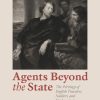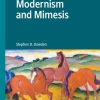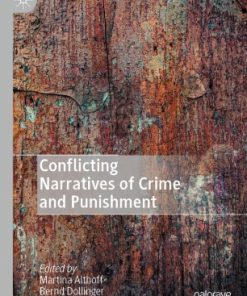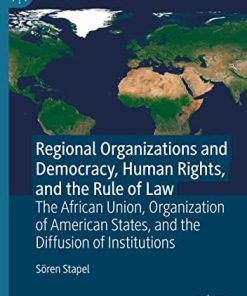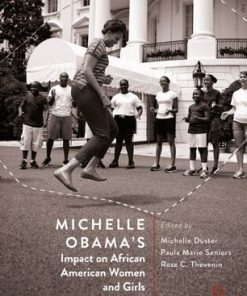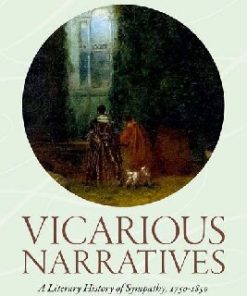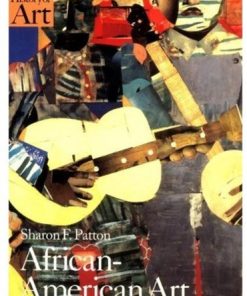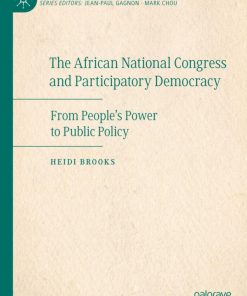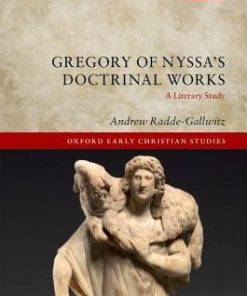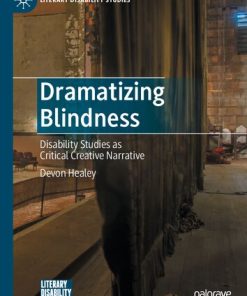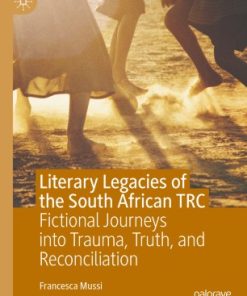Narratives of African American Women’s Literary Pragmatism and Creative Democracy 1st ed. Edition Gregory Phipps
$50.00 Original price was: $50.00.$25.00Current price is: $25.00.
Narratives of African American Women’s Literary Pragmatism and Creative Democracy – Ebook Instant Download/Delivery ISBN(s): 9783030018535,9783030018542,3030018539,3030018547
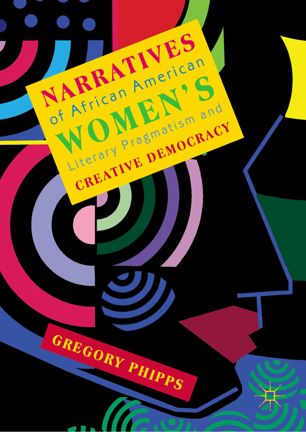
Product details:
- ISBN-10 : 3030018539
- ISBN-13 : 978-3030018535
- Author(s): Gregory Phipps
This book charts an interdisciplinary narrative of literary pragmatism and creative democracy across the writings of African American women, from the works of nineteenth-century philosophers to the novels and short stories of Harlem Renaissance authors. The book argues that this critically neglected narrative forms a genealogy of black feminist intersectionality and a major contribution to the development of American pragmatism. Bringing together the philosophical writings of Maria Stewart, Anna Julia Cooper, and Mary Church Terrell and the fictional works of Jessie Fauset, Nella Larsen, and Zora Neale Hurston, this text provides a literary pragmatist study of the archetypes, tropes, settings, and modes of resistance that populate the narrative of creative democracy. Above all, this book considers how these philosophers and authors construct democracy as a lived experience that gains meaning not through state institutions but through communities founded on relationships among black women and their shared understandings of culture, knowledge, experience, and rebellion.
Table contents:
1. Introduction
2. Nineteenth-Century Philosophical Pragmatism: The Black Maternal Archetype and the Communities of Creative Democracy
3. The Narrative of Creative Democracy in the Harlem Renaissance
4. The Search for Beautiful Experience in Jessie Fauset’s Plum Bun
5. Creative Democracy in One Community: Literary Pragmatism in Jessie Fauset’s The Chinaberry Tree
6. Breaking Down Creative Democracy: The Cycle of Experience and Truth in Nella Larsen’s Quicksand
7. Securing the Archetype and the Community: Irene Redfield’s Resistance to Creative Democracy in Nella Larsen’s Passing
8. “She Told Them About Her Trips to the Horizon”: Creative Democracy in the Short Fiction of Zora Neale Hurston
9. Conclusion
People also search:
african american women’s literature
african-american literature
black women’s literary renaissance
female african american writers
characteristics of african american literature
african american literature slave narratives
african american literary movements
You may also like…
Politics & Philosophy - Social Sciences
Politics & Philosophy - Politics
Poetry - American Poetry
Vicarious Narratives: A Literary History of Sympathy Jeanne M. Britton
Politics & Philosophy
History - World History
Gregory of Nyssa’s Doctrinal Works: A Literary Study Andrew Radde-Gallwitz
Poetry - American Poetry
Poetry - American Poetry


